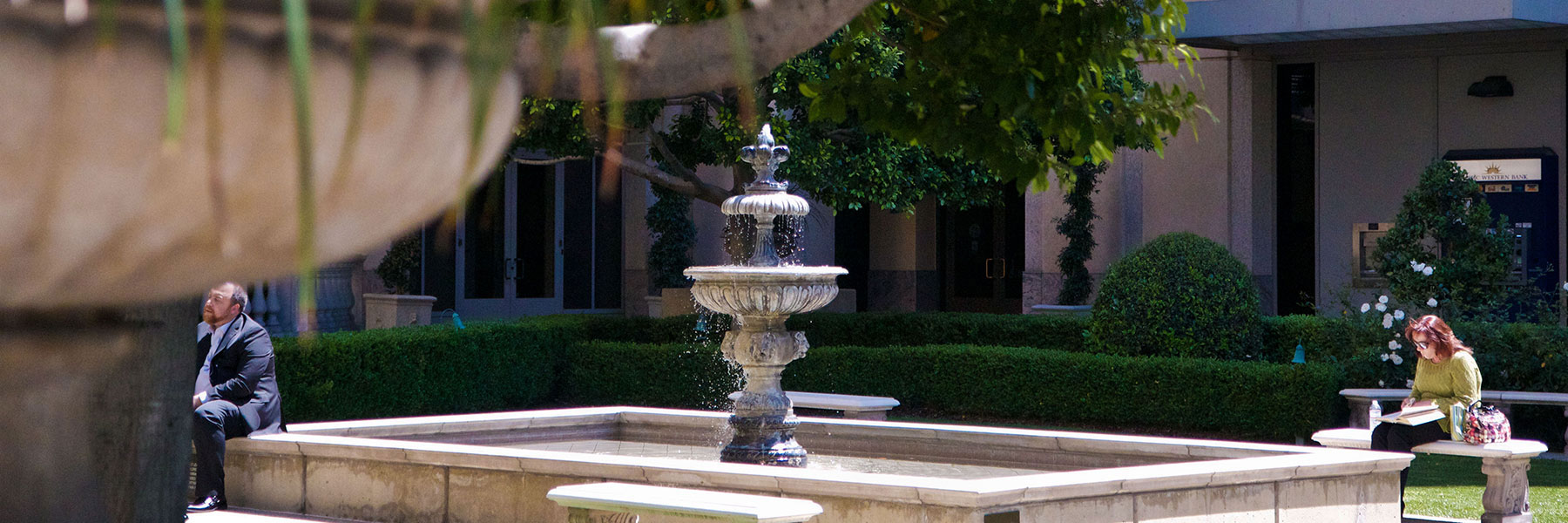12 Apr Pasadena Weekly: Antaeus Theatre Co. Brings to Life Richard Wright’s Native Son
By Rochelle Bassarear
In 1940, when Richard Wright wrote the novel “Native Son,” the story of an African-American youth named Bigger Thomas living in utter poverty on Chicago’s South Side, the book caused an immediate sensation, selling 250,000 hardcover copies within three weeks of its publication. It also sparked widespread controversy for showing the harsh social conditions imposed on African Americans by this country’s white male power structure.
A fast-paced and harrowing tale in which protagonist Bigger lashes out at the oppression around him, the novel was accused of being sexually graphic, profane and explicitly violent, leading it to become one of the American Library Association’s list of the 100 Most Frequently Challenged Books of 1990-2000. It also had an unusually strong pull on a young girl named Nambi E. Kelley, whose mother forbade her to read it at length as a child. Nonetheless, she grew up to write a powerful theatrical adaptation that arrives at the Antaeus Theater Co. in Glendale this weekend.
“The adaptation was a brainchild of American Blues Theater in Chicago, where I’m an ensemble member,” says Kelley. “It was my favorite book when I was a child. I was 7 or 8 when I first stumbled upon the novel on my mother’s book shelf. I picked it up and started reading it, because we had read excerpts of [prior Wright novel] ‘Black Boy’ and my mother took it and I didn’t have a chance to finish it until high school. It was a lifelong love affair. I loved Bigger from the moment I met him.”
Kelley found that the key to adapting the novel was “to allow the process to let me know what it wanted to be,” and not allowing other theaters’ interpretations of it to influence her own style choices. She strived to recreate the feelings that the novel drew from her when she was 8, in the hopes of giving audiences the same transfixing rush of excitement she felt in reading the novel for the first time.
Unfortunately, as she was adapting the novel to fit the times of the present-day 21st century, she came to realize that many of the social conditions and factors that propelled Wright’s work remained in place today.
“I think the play speaks to today in terms of what’s going on in the world,” explains Kelley, who has also written and acted with the world-famous Steppenwolf and Goodman theaters in Chicago. “The sad thing is that people of color are still under attack in our country. This novel tried to paint the brutality, and I don’t shy away from it, and I challenge audiences to understand from the young man’s point of view about the choices that he made. To me, it’s a call for empathy and we do have a call to empathize with marginalized people and understand how people are deeply and intrinsically affected by institutionalized racism.” n
Source: Pasadena Weekly

